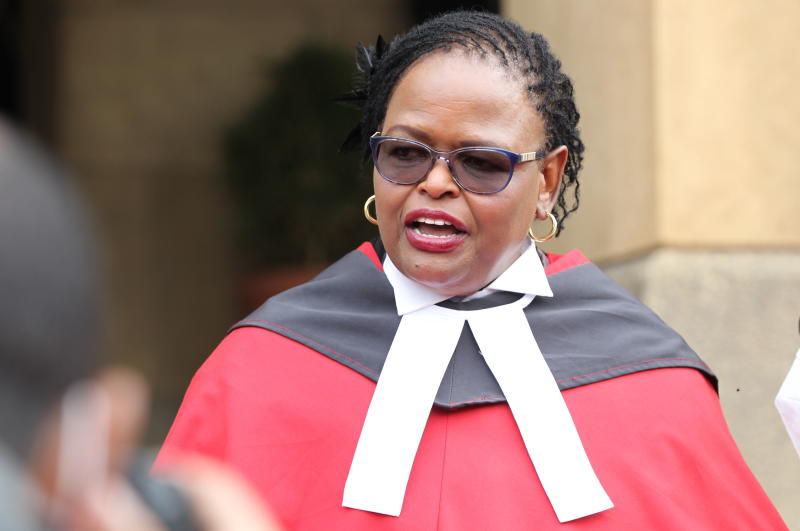Mysterious banners demand corruption free Judiciary
- Jan 28, 2020
- 2 min read

'We demand a working Judiciary free of corrupt judges now!'
These are the words written on two banners in Nairobi's Pagani Estate and Nyayo footbridge.
In a bid to fight corruption, Kenyans woke up to the mysterious banners plastered on footbridges along busy highways in Nairobi.
This was to ensure that commuters and pedestrians notice and read what the posters were about.
"Why is the majority of inmates in Kenya the poor people? We demand a working Judiciary..."one poster read.
Another read:"Akashas were free in Kenya for over four years with cases but were jailed in two months by a USA court. We demand a working Judiciary."
In the banners that have since circulated on social media, concerns were directed to the Judiciary, headed by Chief Justice David Maraga.
Last week, President Uhuru Kenyatta promised to pursue judges, prosecutors, advocates and government officials who helped frustrate the Akasha brothers' drug cases.
The head of state, who attended the state of Judiciary report launch at the Supreme Court, said his administration will seek the help of international organisations to go after the enablers of drug-trafficking.
The Akasha brothers — Baktash and Ibrahim — were charged in Kenya with drug trafficking, but their trial never took off in courts on account of delays and a series of adjournments. The government handed them over to the US where, inside one year, they were both found guilty and sentenced to lengthy prison terms — Baktash 23 years after pleading guilty to drug trafficking and Ibrahim 25 years.
Maraga admitted that the case continues to be an eyesore for the third arm of government, but that numerous players, including some from the executive, were involved in thwarting it.
"The Akasha case is a shame to the Judiciary. It is one case that embarrasses all of us every day," Maraga said.
This article was originally published on The Star.




Comments